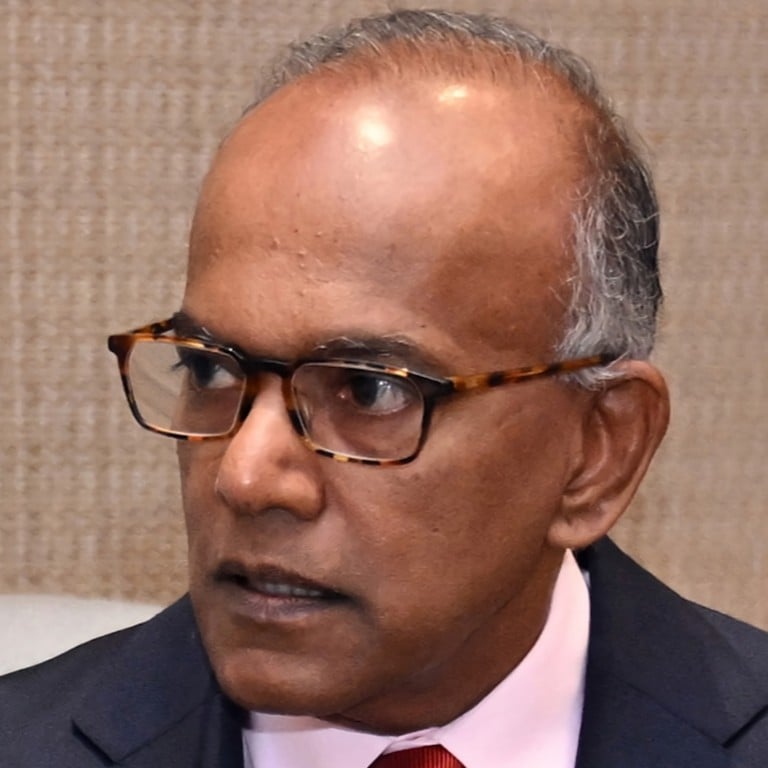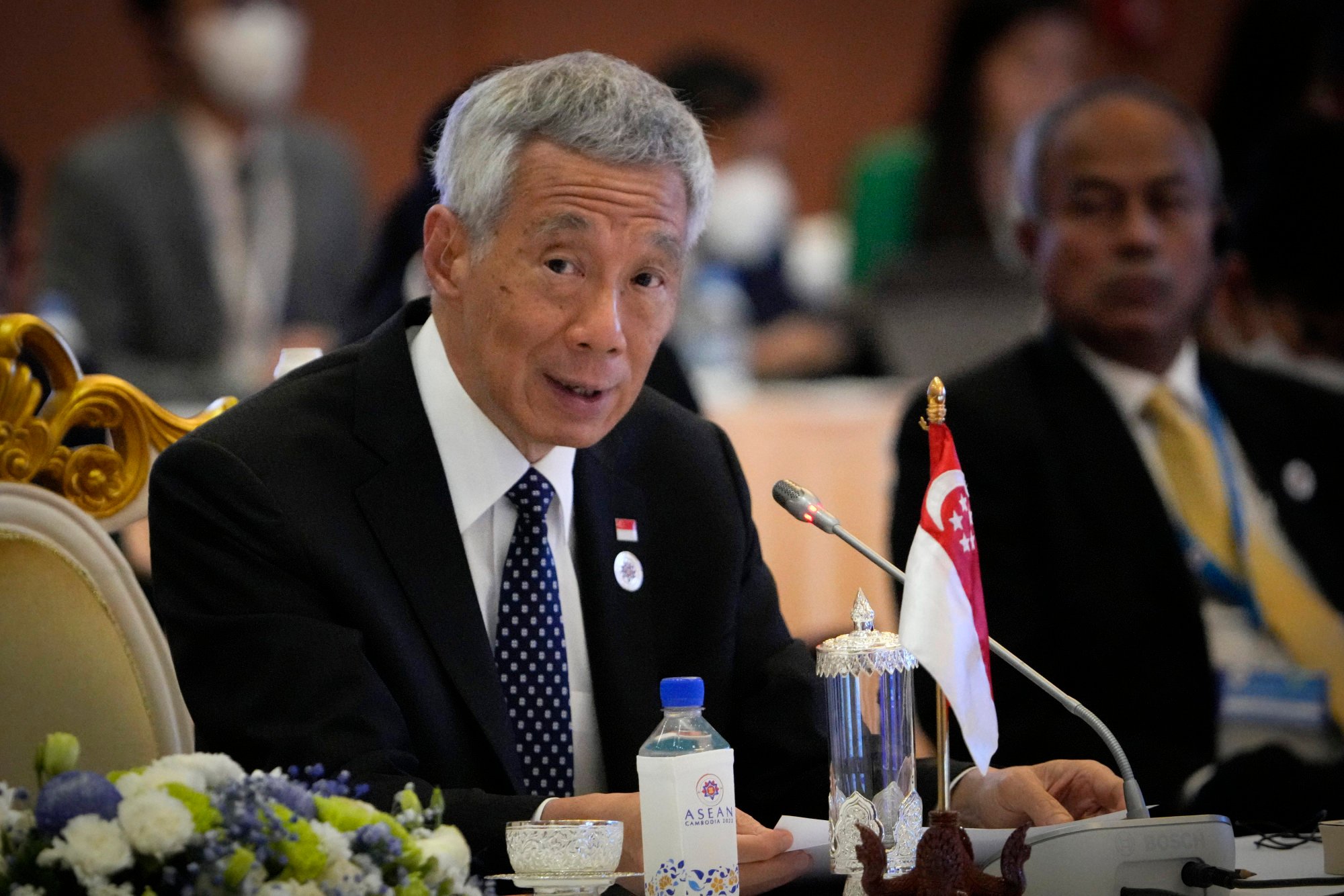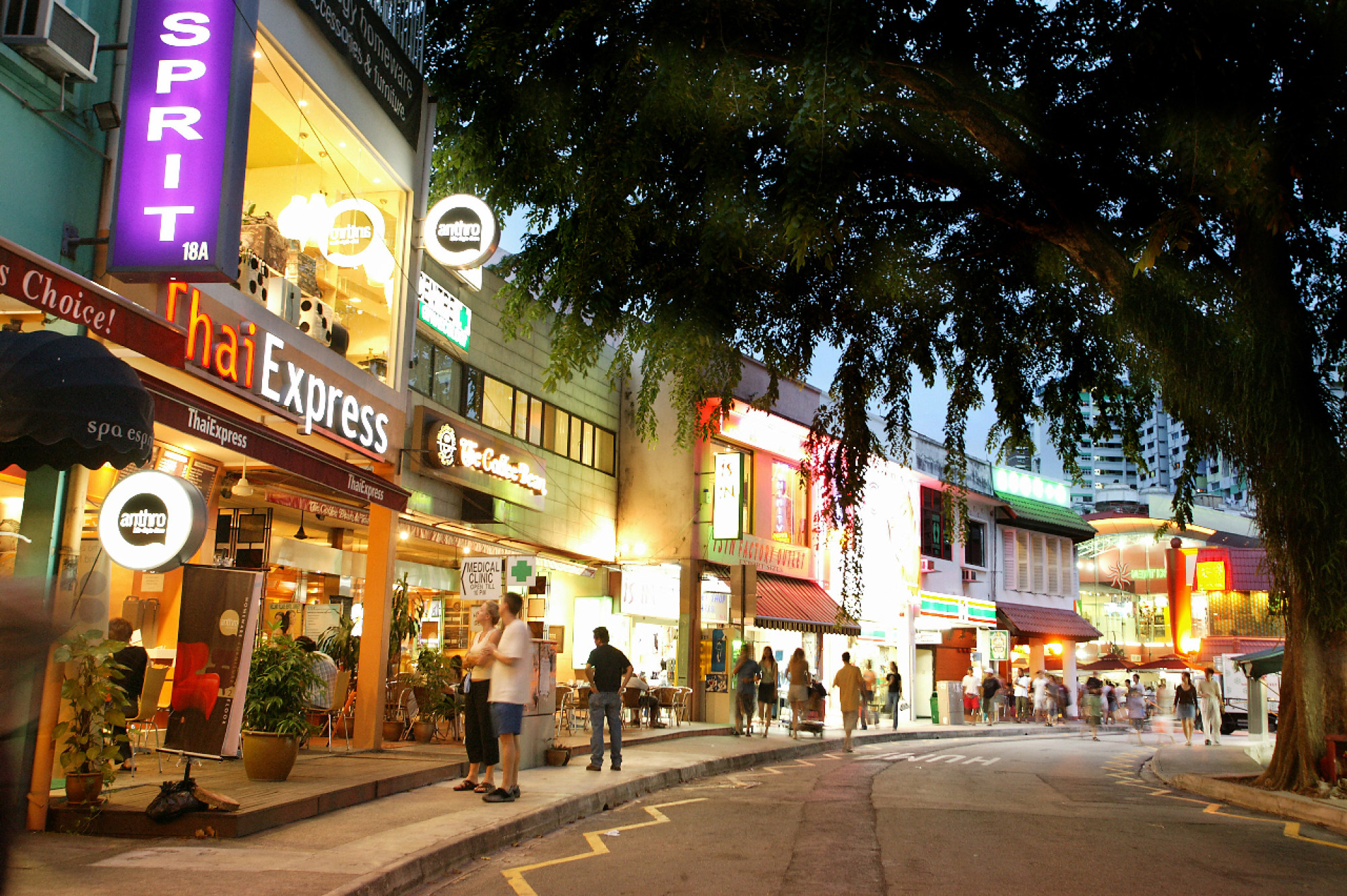
Singapore PM’s ‘urgent’ probe of ministers K. Shanmugam and Vivian Balakrishnan’s bungalow tenancy finds no wrongdoing
- Simultaneous probes by Singapore’s powerful anti-graft agency and PM Lee’s top political lieutenant found no misconduct by Foreign Minister Balakrishnan and Law and Home Affairs Minister K. Shanmugam
- Opposition figure Kenneth Jeyaretnam had triggered the saga by questioning if the ministers were ‘paying less than market value’ rent for their tenancy of colonial-era bungalows
The findings of the investigation over the matter involving Home Affairs and Law Minister K. Shanmugam and Foreign Minister Vivian Balakrishnan indicated that rules were not broken and there had been no conflict of interest, observers said.
Still, the ruling People’s Action Party (PAP) was likely to face tough questions regarding the saga in a parliament debate over it next week, the political analysts said.
An objective reading of the findings “should allay concerns that there was preferential treatment, conflict of interests, abuse of power, or even corruption in the leases granted by the state”, Singapore Management University law professor Eugene Tan said.
The ministers themselves had said at the time they requested and welcomed the independent inquiry over the issue. Shanmugam characterised suggestions of impropriety as “outrageous” and said he had nothing to hide.
The matter first surfaced after opposition figure Kenneth Jeyaretnam publicly questioned whether the ministers were “paying less than market value” for the bungalows on Ridout Road, within the upmarket Holland Village district.
Such questioning of possible impropriety by top officials from the PAP is rare. The party, in power without interruption since 1959, has long prided itself on its staunch anti-corruption stance.
Singapore to investigate rental of state properties by ministers
The CPIB probe was conducted in tandem with a separate investigation by Lee’s top political lieutenant, Senior Minister Teo Chee Hean.
Teo’s report also concluded that both ministers, as well as public officers and private sector intermediaries involved, had conducted themselves properly in the two transactions.
“There was no abuse of power or conflict of interest resulting in the ministers gaining any unfair advantage or privilege,” Teo’s report said.

Properties built in early 1900s
The property rented by Balakrishnan since October 2019, has a land area of 136,101 sq ft – about the size of two standard-sized football fields. The bungalow rented by Shanmugam included land from an adjacent property and had a land area of 249,335 sq ft.
These properties were built in the early 1900s during British colonial rule and are located predominantly in the compact city state’s central region where most contemporary high-end residential districts are located.
Some of the bungalows have been vacant for an extended period and hence are in poorer conditions, with tenants expected to install modern amenities such as air-conditioning, water heaters and cooking hobs.
Shanmugam had leased the property at 26 Ridout Road since 2018 at a rate of S$26,500 (US$19,600) per month while Balakrishnan paid S$19,000 per month from 2019 to 2022 for the 31 Ridout Road bungalow, when his rental rate was raised to S$20,000.
Social media commentary over the matter – prompted by Jeyaretnam’s blog post – had also centred around his claims that the Singapore Land Authority (SLA) might have illegally cut down trees at the property leased by Shanmugam, and that the agency had paid for the construction of a car porch at the bungalow.
Singapore minister Tharman quits cabinet to join presidential race
Questions were also raised over the independence of the SLA given that it was under the law ministry helmed by Shanmugam. The agency has oversight of more than 2,600 state-owned properties including 600 black and white bungalows.
The reports dealt with these claims, detailing no indication of wrongdoing. Shanmugam paid for the clearance of the trees and vegetation overgrowth – undertaken for health and safety reasons. Likewise, he footed the bill for the car porch.
On the SLA, the reports indicated that Shanmugam removed himself from the chain of command and decision-making process pertaining to the leasing of his bungalow.
The report by Teo said the episode “highlighted the paramount importance of political office holders and public service officers understanding and upholding the key principles of acting with integrity at all times, to abide by the spirit and not just the letter of the rules”.
Bad optics?
The findings of the two probes will be discussed by lawmakers in parliament next week. Nydia Ngiow, managing director of the BowerGroupAsia consultancy in Singapore, suggested the PAP’s critics would use the saga to advance the perception that the top officials had lavish lifestyles – even as they acknowledge that the ministers did not commit any wrongdoing in this episode.
Singapore’s ministers are among the world’s highest paid, with the prime minister earning an annual salary of S$2.2 million (US$1.6 million) while an entry-level minister draws a S$1 million salary.
The likes of Balakrishnan, a trained eye surgeon, and Shanmugam, a former top litigator, were in the country’s top income bracket well before they entered politics.

Still, in an economic climate where most Singaporeans were facing inflationary concerns and significant rent increases, the optics of the ministers residing in large bungalows offered a sharp contrast and would advance the perception of the officials being out of touch, she said.
“Great that they did everything by the book, but at the end of the day, the expectations of Singaporeans are not that our ministers should be corruption free – which is the bare minimum – but that they show they are empathetic to difficulties faced by average Singaporeans,” she said.
“The report does not help ease concerns people on the ground have with the party being out of touch.”


